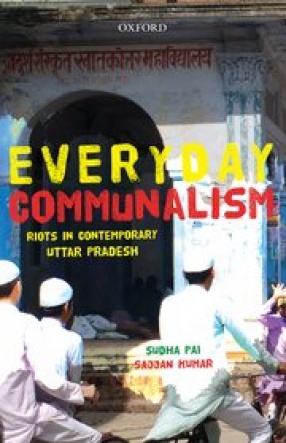
Sudha Pai

Showing all 9 books
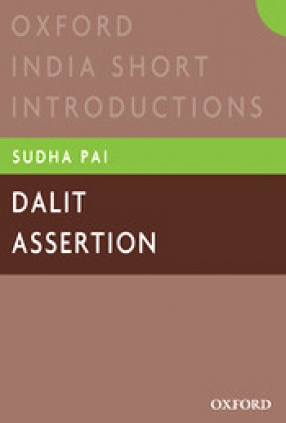


With the demolition of the Babri Masjid and subsequent riots of the late 1980s and 1990s in Uttar Pradesh, the period that followed appeared relatively peaceful. Only at the turn of the century, India witnessed a strong wave of communalism in early 2000s. After the Godhra riots of Gujarat in 2002, Uttar Pradesh saw a series of them—in Mau in 2005, Lucknow in 2006, Gorakhpur in 2007, and Muzaffarnagar in 2013—announcing the return of fundamentalism in ...
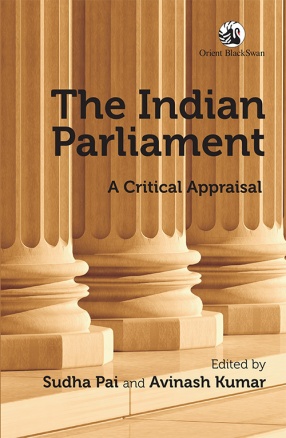
The Indian Parliament: A Critical Appraisal examines the credibility and legitimacy of the Indian parliament and its functioning, and provides a comprehensive overview of the current state of India’s parliamentary democracy.
The introduction analyses the relationship between the functioning of parliamentary institutions and rapid changes in Indian society, particularly the onset of coalition politics and economic reforms. Part One examines the institutional ...
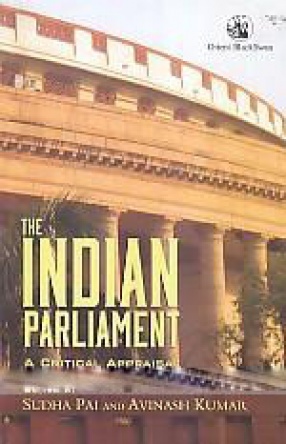
This compendium of 13 papers, presented at a conference, organized jointly by the Centre for Political Studies, Jawaharlal Nehru University and PRS Legislative Research, New Delhi, attempts to examine the credibility and legitimacy of the Indian Parliament, scrutinizing the various aspects of its functioning.
Providing a broad analysis of the relationship between the functioning of parliamentary institutions and the rapid changes witnessed in Indian society, ...

Over the last three decades, India has experienced a strong wave of Dalit assertion with significant implications for the working of the Indian democracy.
This short introduction analyses Dalit assertion in its three contemporary forms-grass roots assertion, social mobilization by Dalit-based political parties, and middle class activism. The author provides an easy understanding of the various facets of this movement and its impact on the functioning of ...
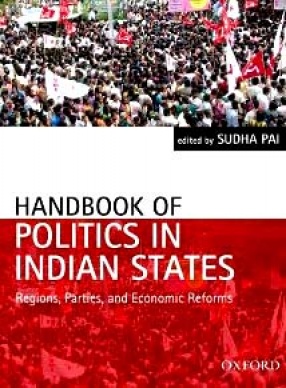
Indian states have only recently come to occupy a seminal position in national politics. The older form of a single party system is on the wane. With the rise of regional parties, states have become partners in central governance; they are now enjoying more autonomy and, post-liberalization, are enjoying greater financial freedom.
While most studies on Indian politics focus on the national level, Handbook of Politics in Indian States maps the changing contours of ...
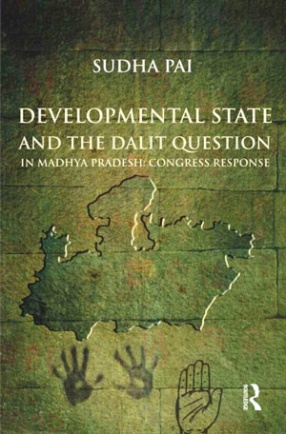
Dalit assertion has been a central feature of the states in the Hindi heartland since the mid-1980s, leading to the rise of political consciousness and identity-based lower-caste parties. The present study focuses on the different political response of the Congress party to identity assertion in Madhya Pradesh under the leadership of Digvijay Singh. In Uttar Pradesh and Bihar, in response to the strong wave of Dalit assertion that swept the region, parties such ...

The recent emergence of the Bahujan Samaj Party (BSP), a Dalit-based party, has been one of the most significant developments in the political and social landscape of Uttar Pradesh. Many had hailed it as a revolutionary movement whose goal was to break the caste system and introduce social transformation. However, the BSP has failed to displace upper caste forces and, in several instances, has actually made compromises with them. Its leadership is today faced ...


